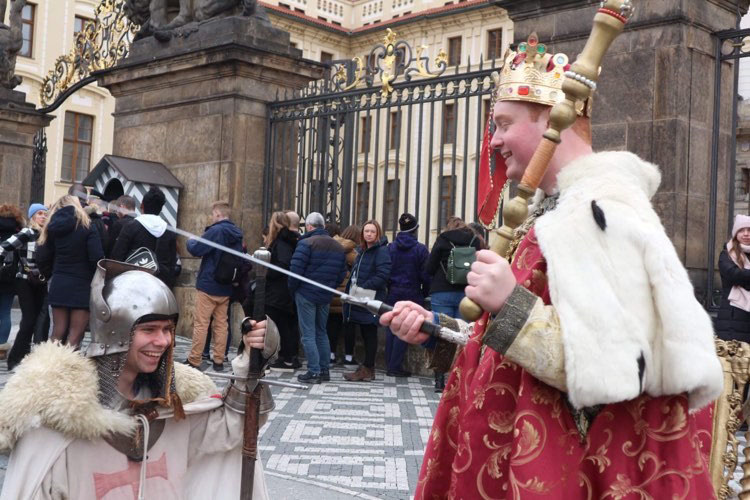Tag: Jack
The ‘Scottish 4-year degree’ can seem confusing and a waste of a year, but History and Politics (MA Hons) student Jack argues that it’s the ideal way to explore and, finally, focus on what really interests you. There is no doubt about it, starting university can be a bit daunting – a new lifestyle, new […]
Will I find those “friends for life”? Will I be able to balance my studies with a healthy social life? Will there be societies I want to join? Jack – History and Politics (MA Hons) – answers these very questions. Some of the biggest worries that Freshers tend to have about coming to university are […]
All work and no play? Student Ambassador Jack looks at working as a student At times, it can be a tricky balancing act but I’ve benefited greatly from getting a glimpse into the world of work; from stepping into a completely different environment to University study, doing something I enjoy whilst gaining different skills from […]



